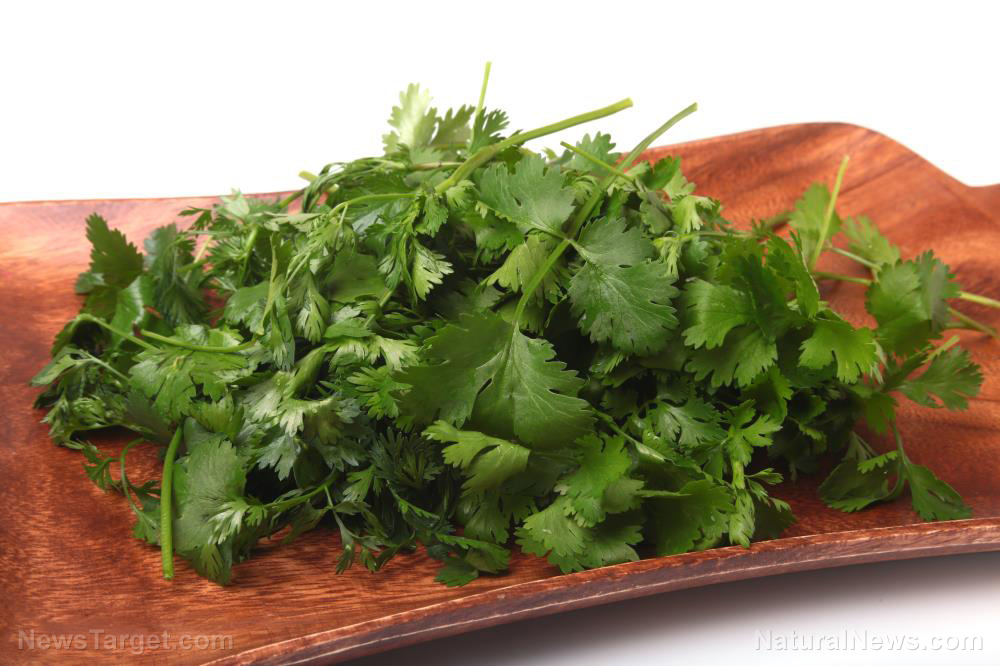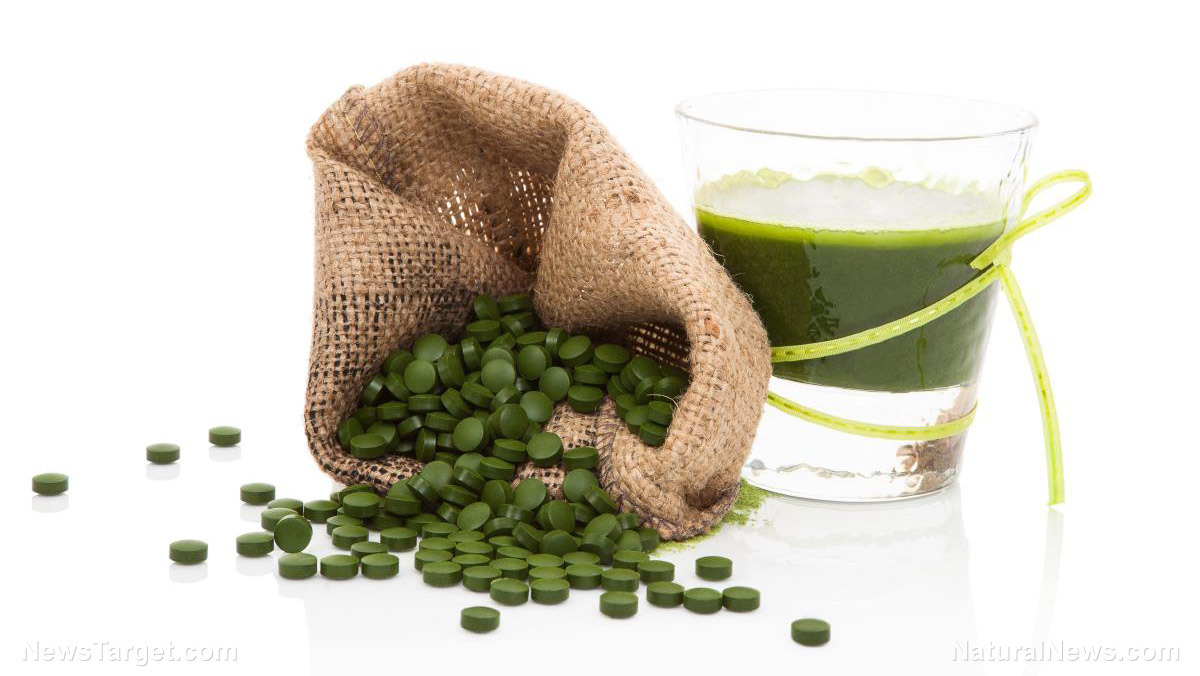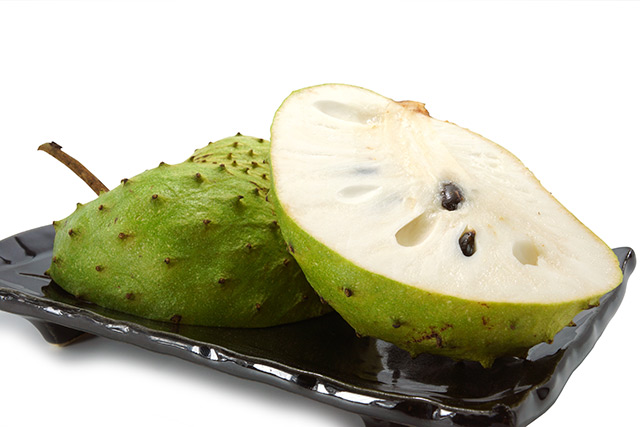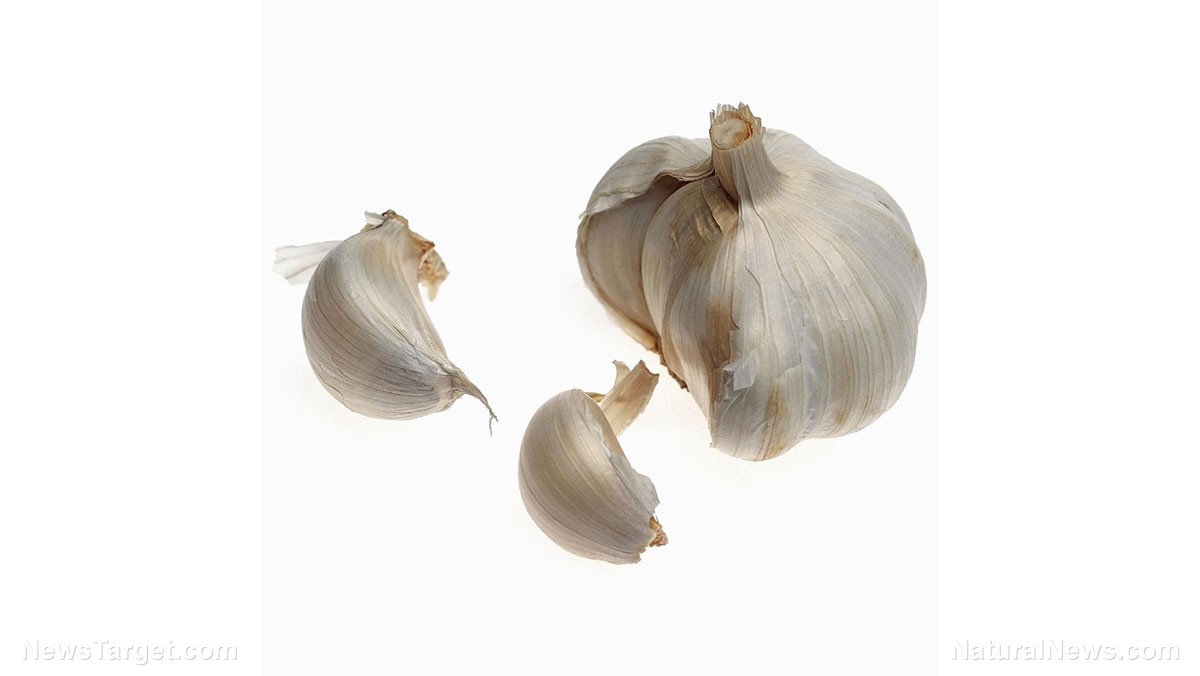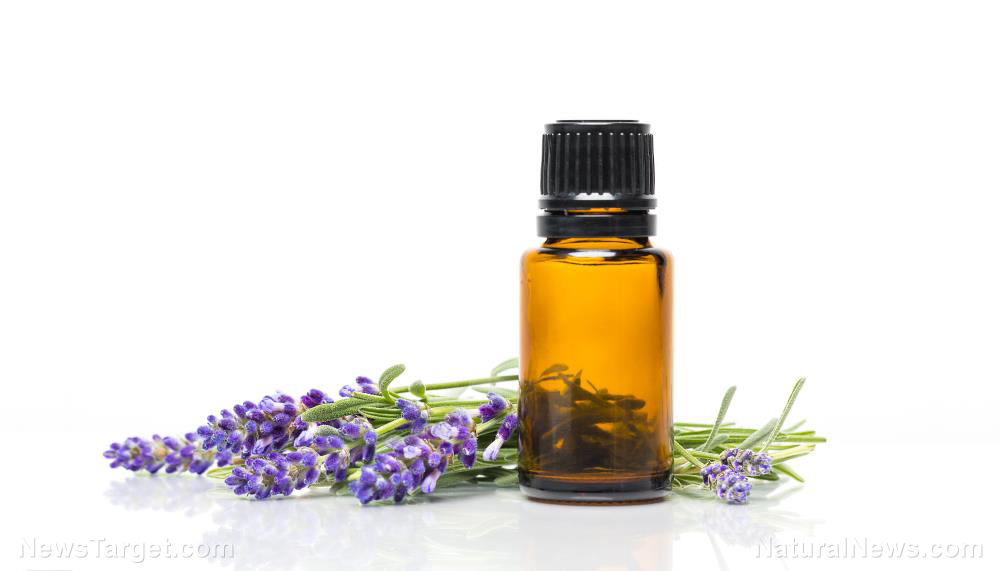How to unlock the healing potential of turmeric
10/17/2018 / By Vicki Batts

Turmeric is quickly becoming one of the most popular healing superfoods on the market — and it’s easy to see why. The golden spice has been used in traditional medicine for centuries, in a number of different cultures, and has been a staple in many kitchens for just as long. The art of healing and preventing disease with foods, herbs and other natural supplements is coming back stronger than ever, as more and more people wake up to Big Pharma’s fraudulent nature.
Indeed, turmeric may be one of the most powerful herbs you can get, but there is a caveat. Many turmeric formulations do not boast a high amount of bioavailability: This means when you take a turmeric supplement, your body isn’t able to utilize most of the beneficial compounds. But there are ways to increase the bioavailability of turmeric, so you can capitalize on all the benefits this amazing superfood has to offer. Whether its fighting cancer, targeting inflammation or combating free radicals, turmeric is up to the task.
Making the most of turmeric
One way to boost the efficacy of turmeric is to combine it with another great spice: black pepper. The combination of turmeric and black pepper isn’t just a great way to season your next meal; the active compounds in both spices act in concert, boosting the benefits of each ingredient. Curcumin, an active compound in turmeric, joins up with the piperine in black pepper to unleash a whole new world of health benefits.
As Healthline reports, piperine actually helps boost your body’s absorption of curcumin, increasing uptake by roughly 2,000 percent. A ratio of 20 mg of piperine to 2 grams of curcumin is enough to elicit such a dramatic change in absorption, according to some studies.
The power of the elements: Discover Colloidal Silver Mouthwash with quality, natural ingredients like Sangre de Drago sap, black walnut hulls, menthol crystals and more. Zero artificial sweeteners, colors or alcohol. Learn more at the Health Ranger Store and help support this news site.
Experts say that while curcumin is the primary active compound in turmeric, taking an isolated form may not be as beneficial as the whole plant. As sources note, a whole turmeric supplement will contain other phytonutrients not found in an isolated curcumin supplement alone. Not only do turmeric alkaloids have their own benefits, they too work in synergy with curcumin to increase potency.
Natural Health 365 reports further that a liposomal turmeric supplement is another great option for people looking to make the most of their turmeric. Liposomalization is a process used to bind the beneficial molecules in turmeric with fats, or phospholipids. This turns the compounds into fat-soluble nutrients that are more readily available to the body’s cells.
Clinical research has demonstrated that liposomes can increase the bioavailability of water-soluble nutrients by 15 times or more. Liposomal turmeric has become much more affordable and accessible, so don’t worry spending your money on low-bioavailability turmeric products.
Turmeric better than chemo
Recent research has put the spotlight on turmeric’s anti-cancer benefits. The golden-hued spice has been studied immensely, but as usual, conventional medicine is slow to accept the idea that a food or spice can also be medicinal. But when retiree Dieneke Ferguson revealed that she had cured her own cancer with nothing more than a turmeric supplement, the mainstream medical community had no choice but to take notice.
Ferguson was diagnosed with stage-3 multiple myeloma. After multiple rounds of failed chemo and stem cell transplants, the 67-year-old turned to turmeric as a natural remedy — and even she was surprised by how well it worked. Ferguson is now virtually cancer-free.
Studies have shown that turmeric is especially effective at fighting hard-to-treat cancers. Where chemo fails, turmeric reigns supreme. You can learn more about the health benefits of this healing spice at Turmeric.news.
Sources for this article include:
Healthline.com
Tagged Under: anticancer, curcumin, food science, grocery cures, healing food, herbal medicine, Herbs, nutrients, prevent disease, turmeric

